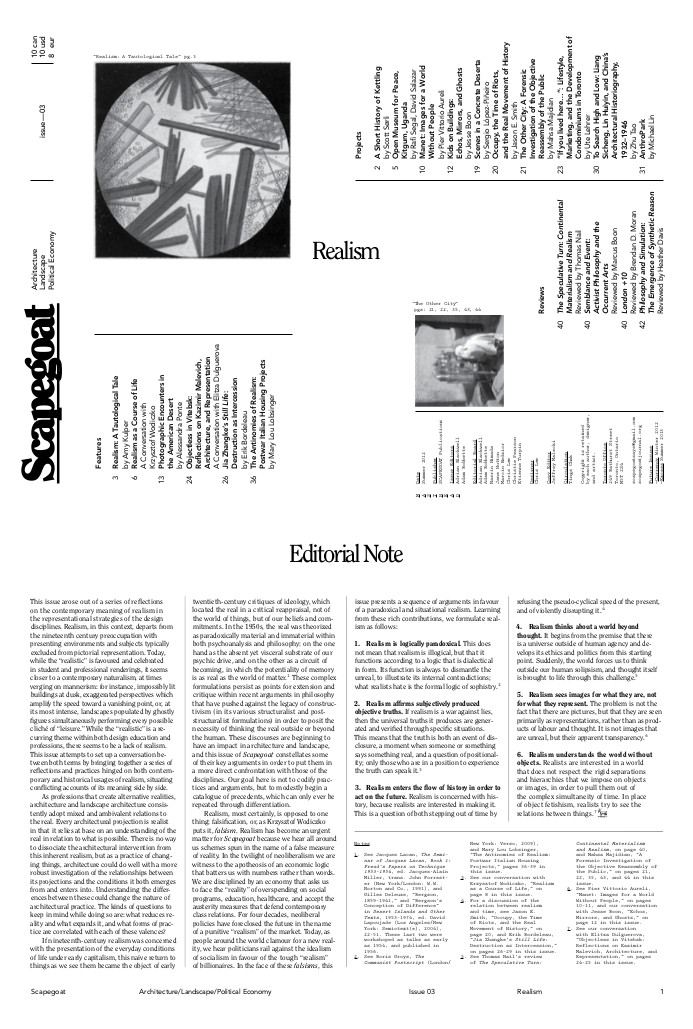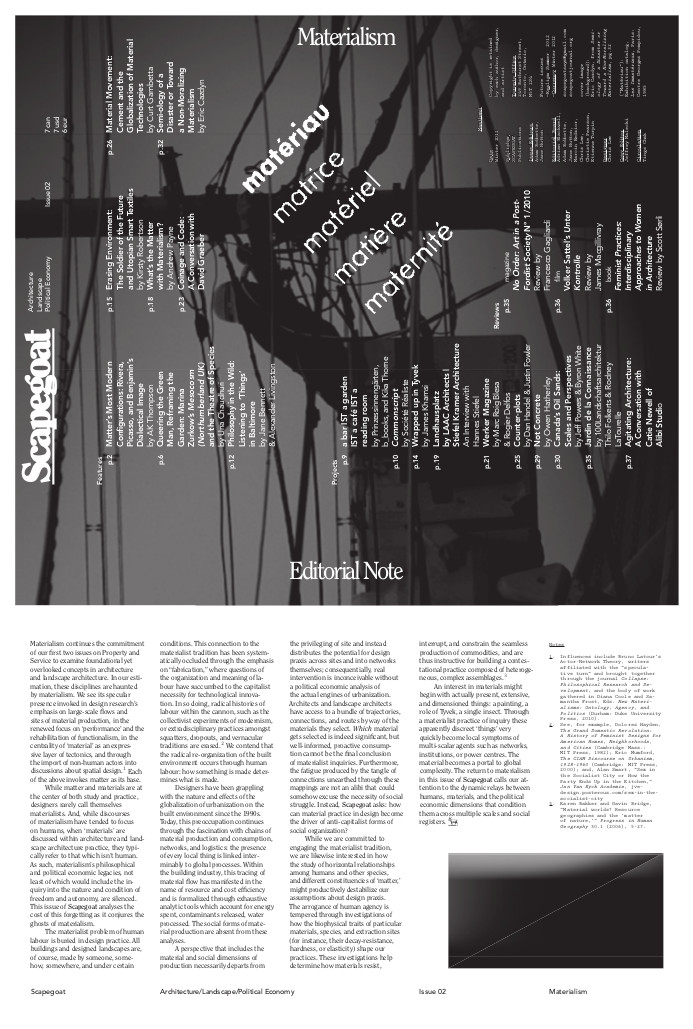Owen Hatherley: A New Kind of Bleak: Journeys through Urban Britain (2012)
Filed under book | Tags: · architecture, city, modernism, neoliberalism, united kingdom, urbanism

“The urban state of the nation—from Olympic dreams to broken Britain.
This is what austerity looks like: a nation surviving on the results of what conservatives privately call “the progressive nonsense” of the Big Society agenda.
In a journey that begins and ends in the capital, but takes in Belfast, Aberdeen, Plymouth and Brighton, Hatherley explores modern Britain’s urban landscape and finds a short-sighted disarray of empty buildings, malls and glass towers. Yet while A New Kind of Bleak anatomizes “broken Britain,” Hatherley also looks to a hopeful future and discovers fragments of what it might look like.”
Illustrated by Laura Oldfield Ford, author and artist of Savage Messiah.
Publisher Verso Books, 2012
ISBN 1844679098, 9781844679096
640 pages
review (Andy Beckett, The Guardian)
review (Sarah Morrison, The Independent)
review (Igor Toronyi-Lalic, The Telegraph)
Scapegoat: Architecture/Landscape/Political Economy journal, No. 2: Materialism, No. 3: Realism (2011-2012)
Filed under journal | Tags: · architecture, capitalism, city, design, landscape, materialism, philosophy, political economy, politics, urbanism

“This issue arose out of a series of reflections on the contemporary meaning of realism in the representational strategies of the design disciplines. Realism, in this context, departs from the nineteenth century preoccupation with presenting environments and subjects typically excluded from pictorial representation. Today, while the ‘realistic’ is favoured and celebrated in student and professional renderings, it seems closer to a contemporary naturalism, at times verging on mannerism: for instance, impossibly lit buildings at dusk, exaggerated perspectives which amplify the speed toward a vanishing point, or, at its most intense, landscapes populated by ghostly figures simultaneously performing every possible cliché of ‘leisure’. While the ‘realistic’ is a recurring theme within both design education and professions, there seems to be a lack of realism. This issue attempts to set up a conversation between both terms by bringing together a series of reflections and practices hinged on both contemporary and historical usages of realism, situating conflictng accounts of its meaning side by side.” (from the Editorial Note)
Issue 3: Realism
Summer 2012
Issue Editors: Adrian Blackwell, Adam Bobbette
42 pages

“Materialism continues the commitment of our first two issues on Property and Service to examine foundational yet overlooked concepts in architecture and landscape architecture. In our estimation, these disciplines are haunted by materialism. We see its specular presence invoked in design research’s emphasis on large-scale flows and sites of material production, in the renewed focus on ‘performance’ and the rehabilitation of functionalism, in the centrality of ‘material’ as an expressive layer of tectonics, and through the import of non-human actors into discussions about spatial design. Each of the above invokes matter as its base.” (from the Editorial Note)
Issue 2: Materialism
Winter 2011
Issue Editors: Adam Bobbette, Jane Hutton
Publisher Scapegoat Publications, Toronto
40 pages
Ian Buchanan (ed.): Jameson on Jameson: Conversations on Cultural Marxism (2007)
Filed under book | Tags: · architecture, art, capitalism, cinema, cognition, ideology, literary theory, literature, marxism, modernism, philosophy, politics, postmodern, postmodernism, poststructuralism, psychoanalysis, urbanism, utopia

Fredric Jameson is one of the most influential literary and cultural critics writing today. He is a theoretical innovator whose ideas about the intersections of politics and culture have reshaped the critical landscape across the humanities and social sciences. Bringing together ten interviews conducted between 1982 and 2005, Jameson on Jameson is a compellingly candid introduction to his thought for those new to it, and a rich source of illumination and clarification for those seeking deeper understanding. Jameson discusses his intellectual and political preoccupations, most prominently his commitment to Marxism as a way of critiquing capitalism and the culture it has engendered. He explains many of his key concepts, including postmodernism, the dialectic, metacommentary, the political unconscious, the utopian, cognitive mapping, and spatialization.
Jameson on Jameson displays Jameson’s extraordinary grasp of contemporary culture—architecture, art, cinema, literature, philosophy, politics, psychoanalysis, and urban geography—as well as the challenge that the geographic reach of his thinking poses to the Eurocentricity of the West. Conducted by accomplished scholars from United States, Egypt, Korea, China, Sweden, and England, the interviews elicit Jameson’s reflections on the broad international significance of his ideas and their applicability and implications in different cultural and political contexts, including the present phase of globalization.
The volume includes an introduction by Jameson and a comprehensive bibliography of his publications in all languages.
Interviewers: Mona Abousenna, Abbas Al-Tonsi, Srinivas Aravamudan, Jonathan Culler, Sara Danius, Leonard Green, Sabry Hafez, Stuart Hall, Stefan Jonsson, Ranjana Khanna, Richard Klein, Horacio Machin, Paik Nak-chung, Michael Speaks, Anders Stephanson, Xudong Zhang
Publisher Duke University Press, 2007
Post-Contemporary Interventions series
ISBN 0822340879, 9780822340874
296 pages

